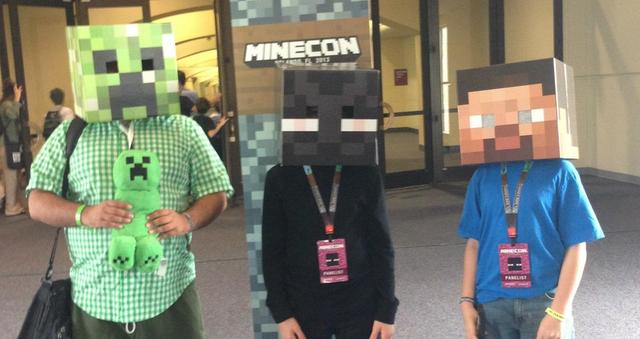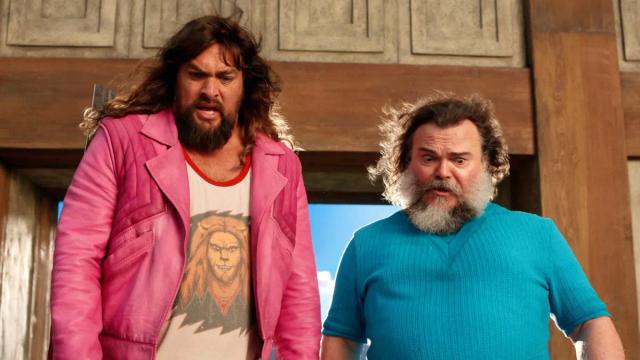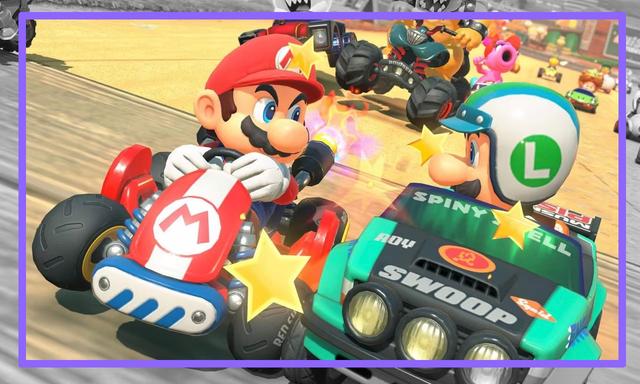If you click on a link and make a purchase we may receive a small commission. Read our editorial policy.
Star Wars: The Rise of Skywalker was an unexpected gift to Star Wars fans (No, really)
Somehow, Palpatine returned to save the Star Wars franchise... unintentionally

Popverse's top stories of the day
- Marvel's Kevin Feige talked to John Boyega about who he'd play in the MCU, but "there ain't no room for me," says the Star Wars star
- MEMBERS ONLY: Watch the Lord of the Rings movie reunion panel with Elijah Wood, Sean Astin, Dominic Monaghan, Billy Boyd, John Rhys-Davies, and Andy Serkis from Chicago's C2E2 2025
- Sorry, webheads: Tom Hardy says we weren't as close to that Spidey/Venom movie as was reported
Star Wars: The Rise of Skywalker was the best thing that could have happened to the Star Wars franchise.
Okay, okay, I know that feels like the kind of counterintuitive hot take that’s intended to provoke people into responding angrily, and I’m… almost sorry about that…? I am, nonetheless, entirely serious about it — and not because I’m about to make an argument that Rise of Skywalker is either a great movie or a fitting end to the Skywalker Saga; it’s not, in either case (although I’d argue it’s also nowhere near as bad as many people declare it to be). No, the reason why we should be grateful for The Rise of Skywalker is something else entirely.
A brief aside about the Skywalker Saga before we get there, however; I think it’s important to accept that Star Wars as a franchise, and the Skywalker Saga as a nine-episode story in particular, had lost any claim to being a coherent story before J.J. Abrams stepped back into the fold to try and bring everything to a fitting end with the 2019 movie. For one thing, Star Wars as a movie series was transformed from one coherent narrative to one primary narrative with some spin-offs with the release of 2016’s Rogue One: A Star Wars Story, and lost even its tentative claim to being an auteur project as soon as George Lucas stepped away from the property altogether.
For that matter, The Rise of Skywalker was itself a last-minute replacement for what the original ninth and final part of the Skywalker Saga was going to be — a movie co-written and directed by Jurassic World’s Colin Trevorrow, rumored to have been titled Star Wars: Duel of the Fates. Trevorrow parted ways with Lucasfilm with less than two years before the movie’s release date, prompting a speedy search for a replacement, and the movie being pushed six months out. By the time J.J. Abrams came aboard, he had just 27 months to rewrite the screenplay and make the movie, fully conscious not only of fan expectations, but of the corporate oversight that had already forced his predecessor out.
Common sense would have suggested that the movie’s release be pushed even further out — Trevorrow had been hired in 2015, which would’ve given him almost four years to make the movie originally; both The Force Awakens and The Last Jedi took around three years to make, all told — but that was never really an option: Star Wars was officially a tentpole franchise by this point, with a new movie required annually.
All of which brings me back to why Star Wars: The Rise of Skywalker is the best thing that could have happened to the Star Wars franchise: it broke the machine.
In commercial terms, The Rise of Skywalker wasn’t a flop, by any means; it took in more than a billion dollars worldwide. But it was a failure, both critically and with fans, and it was a very public failure; after missteps with both Rogue One (reshot and reworked by a different director) and Solo (the original directors quit and were replaced midway through production), The Rise of Skywalker was final evidence that things were not working well as Star Wars attempted to build itself into a Marvel-esque ongoing hit machine, and prompted a very obvious rethink about the future of Star Wars as a whole… while letting audiences learn to miss it once again.
Star Wars didn’t go away, of course. Sure, it hasn’t been in movie theaters ever since, with plans for any number of potential movies seemingly being either slowed down or mothballed altogether, but it’s thrived on the small screen with Disney+ allowing a home for serials arguably very in keeping with the pulp movie roots of the franchise in the first place. Meanwhile, the powers that be at Lucasfilm had a chance to slow down and actually map out a big screen plan that allows things to build slowly and purposefully once again, starting with 2026’s Mandalorian and Grogu movie.
By that point, Star Wars will have been absent from theaters for seven years — something that surely wasn’t the plan for either Lucasfilm or Disney when the latter bought the studio in 2012, but is definitely something that worked in Star Wars’ favor in the longterm. Just as Marvel Studios is arguably in the process of learning across the past couple of years, it’s very easy to lose a fanbase’s trust in a property through mismanagement, and when that happens, one of the best things to do is take a step back and re-assess. As dramatic as it might have been at the time, The Rise of Skywalker’s failure gave Lucasfilm the chance to do that very thing. In a strange way, Star Wars fans should be grateful it happened the way it did.
Get to know, understand, and love the Star Wars franchise more with our Star Wars watch order, guide to all the upcoming Star Wars movies & TV shows, and all the Star Wars movies and Star Wars TV shows ranked.
Follow Popverse for upcoming event coverage and news
Find out how we conduct our review by reading our review policy
Let Popverse be your tour guide through the wilderness of pop culture
Sign in and let us help you find your new favorite thing.
















Comments
Want to join the discussion? Please activate your account first.
Visit Reedpop ID if you need to resend the confirmation email.